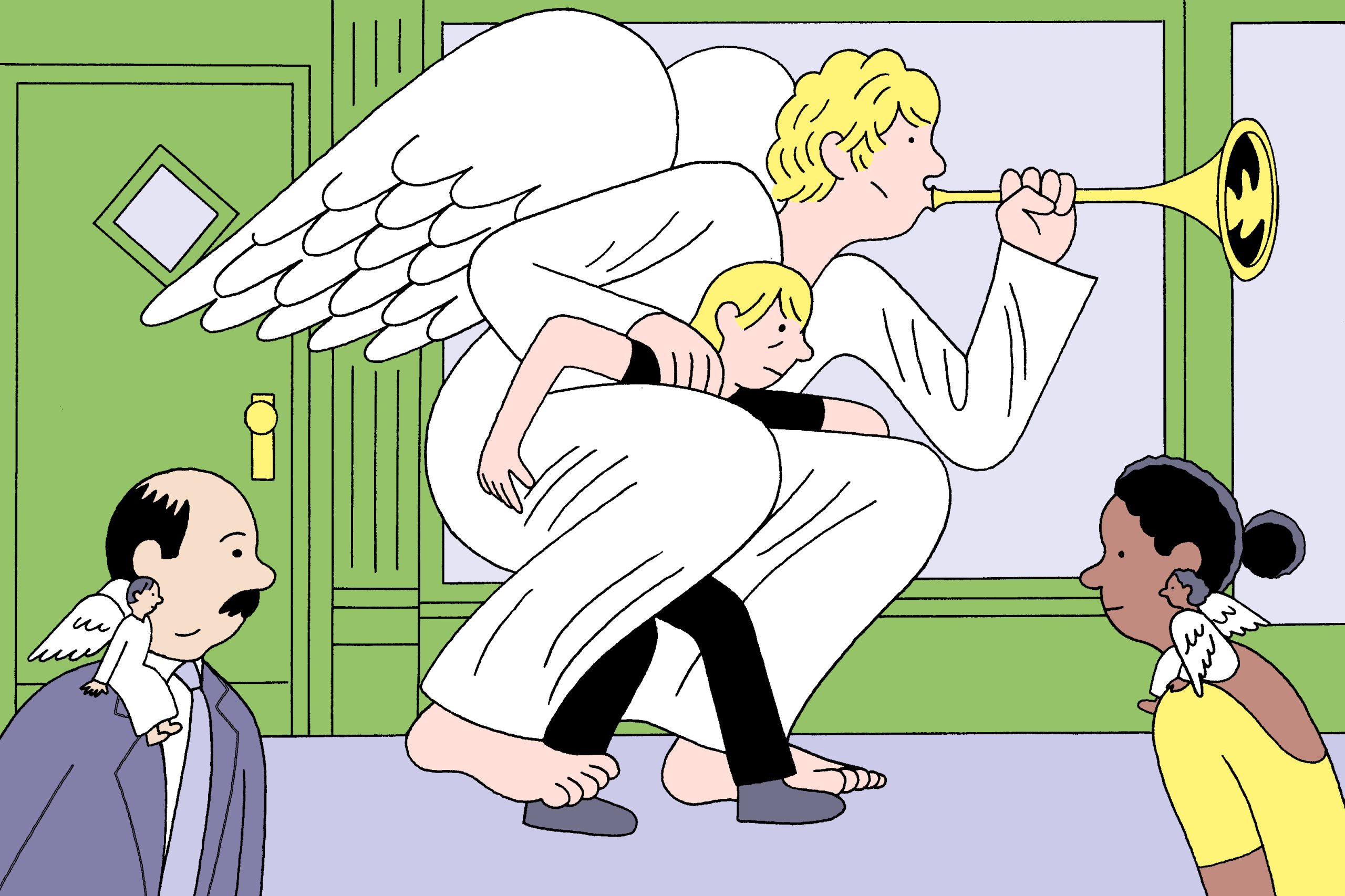The Jewish High Holidays, a time for reflection and atonement, often bring a wave of introspection. For many, this is a positive experience; a chance to reconnect with their values and make amends. But for some, like the reader who posed a question to the “Your Mileage May Vary” advice column, this period can trigger a debilitating struggle with scrupulosity – an obsessive concern with morality that leads to paralysis rather than progress. This isn’t simply about striving for self-improvement; it’s about a mental health challenge that impacts daily life.
The Trap of “The Most Possible Good”
The column, based on the concept of value pluralism—the idea that we hold multiple equally valid values that frequently clash—highlights the core issue. Our reader describes the agonizing experience of attempting to achieve “The Most Possible Good,” a pursuit that ironically prevents them from taking any action at all. The endless cycle of self-scrutiny, dissecting past actions for even minor perceived moral failings, becomes a crippling form of self-flagellation. Instead of motivating positive change, this hyper-focus on ethical perfection creates inaction and profound anxiety. The weight of this internal pressure is immense, leaving the individual feeling trapped and overwhelmed. This resonates with many individuals struggling with perfectionism and obsessive-compulsive tendencies, highlighting a common, yet often unaddressed, challenge.
Finding Balance Through Value Pluralism
The solution, as presented in the advice column, lies in accepting the inherent conflict within our value systems. Value pluralism suggests that attempting to reconcile every moral dilemma perfectly is an unrealistic and ultimately harmful goal. Instead, the emphasis should shift to making mindful choices, acknowledging that compromises and imperfections are inevitable. The key is not to eradicate conflicting values, but to manage them effectively. This requires a degree of self-compassion, recognizing that striving for absolute moral purity is a recipe for burnout and despair.
Practical Strategies for Managing Scrupulosity
The article implicitly suggests practical steps individuals can take to alleviate this crippling perfectionism. These might include: practicing mindfulness to become more aware of the thought patterns driving the obsessive behaviour; setting realistic expectations and prioritizing values; seeking professional help from a therapist specializing in anxiety disorders and obsessive-compulsive personality disorder (OCPD); and developing coping mechanisms for managing feelings of guilt and self-doubt. This highlights the crucial role of professional guidance in navigating the complexities of scrupulosity and promoting mental wellbeing.
Conclusion:
The struggle described in the advice column is a testament to the human condition: the inherent tension between our desire for moral excellence and the realities of imperfect living. The pursuit of “The Most Possible Good” can easily become a destructive force, paralyzing individuals and preventing them from living fulfilling lives. By embracing the concept of value pluralism and prioritizing self-compassion, individuals can find a path towards moral peace and genuine well-being, freeing themselves from the debilitating grip of scrupulosity.
Based on materials: Vox





